Topic 6: Constitutional Law on the MBE: Key Topics
Please see our new, most updated, free MBE Guide here!
Constitutional Law on the MBE: Key Topics
Here, we cover Constitutional Law on the MBE. Out of the 175 scored multiple-choice questions, you can expect to see 25 Constitutional Law questions. The NCBE breaks down the subject into four categories of topics, with individual rights emphasized particularly heavily.
Constitutional Law on the MBE: Breakdown by Topic
Below is a chart of how Constitutional Law is tested on the MBE. You can see that the first topic—individual rights—makes up 50% of the Constitutional Law questions tested. However, you don’t want to ignore the other three topics since, together, they compose 50% of the Constitutional Law questions.
Constitutional Law on the MBE: NCBE Subject Matter Outline
This Constitutional Law subject matter outline is promulgated by the NCBE (and re-styled by JD Advising). You can see the seven primary Constitutional Law categories that are tested as well as the topics tested within those categories. The NCBE subject matter outline is available for download here if you prefer to see it in PDF form. Any of the issues listed in the NCBE’s outline are ripe for testing.
Constitutional Law on the MBE: Key Topics
Any of the issues listed in the NCBE’s outline are ripe for testing in Constitutional Law on the MBE. In terms of divvying up your study time, spend the most time on the topics that are likely to come up more frequently (i.e., concepts such as due process, equal protection, and First Amendment rights). But, you shouldn’t be ignoring the concepts that aren’t as heavily tested!
The NCBE has broken Constitutional Law down into four categories: the nature of judicial review, separation of powers, the relation of nation and states, and individual rights. We’ll take each of these in turn.
The nature of judicial review
You will see about 4–5 questions on the nature of judicial review in Constitutional Law MBE questions. Article III of the Constitution limits the jurisdiction of the federal courts to “cases and controversies.”
One concept that is easy to test is: what constitutes a case or controversy? First, a federal court cannot render an advisory opinion. There must be a dispute and the federal court’s opinion must mean something. (In other words, you cannot file a case asking what the court thinks about an issue unless a party actually will be affected by the outcome!) Second, there must be standing. The plaintiff must have suffered or may reasonably suffer an injury in fact with harm that can be fairly traced to the defendant’s actions. So, for example, a plaintiff cannot sue on a statute that was invented in the 1800’s and has never been enforced because there is no likelihood of harm. The injury must also be redressable—a favorable decision would need to eliminate the harm or remedy the injury. Third, the case must not be moot. A live controversy must exist at all stages of review. In the DeFunis v. Odegaard case, a man sued because he said the law school he applied to improperly rejected him based on their affirmative action policy. However, by the time the case got to the Supreme Court, he was close to graduating at a different law school. So, the Court would not hear the case because it was effectively moot. Finally, the case must be ripe. A plaintiff may not sue unless a real injury already has resulted or there is a strong likelihood of an actual injury. A plaintiff cannot file a lawsuit because he’s “worried” that the legislature may pass a law that negatively affects the plaintiff in the future if there’s not a strong likelihood of an actual injury.
Separation of powers
You will see about 4–5 separation of powers questions in Constitutional Law questions. One of the most important things to remember is that Congress can only act based on the powers granted to it in the Constitution. All other powers are reserved for the states. Many questions will ask you about an act by Congress and have you determine whether it is constitutional. You might see an answer choice that justifies a congressional action based on its “general police powers.” This will be an incorrect answer choice! Congress does not have general police powers. Only the states do! (An exception to this rule is if there is no state to enact these laws, like in the district of Columbia, or on a military base, Indian lands, or federal land.)
There are a few other ways in which the NCBE will try to trick you. For example, remember that Congress does not have the power to act for the general welfare, so any answer choice that says this will be wrong! It only has the power to tax or spend for the general welfare. Further, Congress also cannot justify a law by referring solely to the Necessary and Proper Clause. This clause allows Congress to do anything necessary and proper to carry out another enumerated power. Thus, the key is that the action must be tied to some existing enumerated power! If the answer choice refers just to the Necessary and Proper Clause, it is incorrect!
The relation of nation and states
You will see about 4–5 questions on the relation of nation and states in Constitutional Law on the MBE. Remember that federal law is supreme and will preempt state law. Federal preemption occurs:
- (1) when there is an actual conflict between state and federal law,
- (2) the state law prevents achievement of the federal objective, or
- (3) Congress has passed such extensive regulation in an area that it means to occupy the field and leave no room for state regulation in that field.
Another important concept to consider is the dormant Commerce Clause. States lack the power to discriminate against interstate commerce. Any state law that discriminates against or unreasonably burdens interstate commerce will be invalid. There are three exceptions to the dormant Commerce Clause and discrimination against interstate commerce:
- The first is a common trick used by examiners (and is really not an exception if you think about it). If you see Congress passing a law that is discriminatory in this fashion, this is permitted! Congress has full authority to regulate interstate commerce. The law will only be invalid if it was passed by a state.
- Second, if the state is acting not as a regulator but rather as a market participant or business, the dormant Commerce Clause will not apply. The state can do what it wants in these situations.
- Finally, laws that advance or aid a government entity performing traditional government functions will be looked at more favorably. For practical purposes, this is harder to test on the MBE.
Individual rights
You will see about 12–13 questions on individual rights in Constitutional Law on the MBE. It is this area of the subject where you can pick up the most points, so you should focus additional time on mastering these concepts! Something that examinees struggle with is understanding when to apply a substantive due process, procedural due process, or Equal Protection Clause analysis. Procedural due process states that the government cannot deprive a person of life, liberty, or property without due process of law. The government must give notice and an opportunity to be heard. Substantive due process is an issue when a law limits everyone’s ability to engage in an activity. The level of scrutiny applied to the law depends on whether the law infringes on a fundamental right. If it does, strict scrutiny will be applied. If it does not, rational basis will be applied. Remember that economic regulations undergo rational basis and usually are upheld. Also remember there are only two standards of review for a substantive due process claim (unlike equal protection, which has three standards of review).
The Equal Protection Clause is an issue when a person or class of persons is treated differently than others. The level of scrutiny in these situations will depend on the type of classification the government is creating or the right being infringed upon.
- Strict scrutiny will be applied to all laws that implicate a fundamental right or that discriminate on the basis of race, ethnicity, or alienage [term used by the examiners].
- Intermediate scrutiny will be applied to laws that discriminate based on gender or illegitimacy. [term used by the examiners]
- All other classifications will be analyzed under rational basis. Laws that undergo rational basis scrutiny usually are upheld! Keep this in mind. Any law that is discriminatory based on age, for example (“all judges must retire at 70”), will undergo rational basis scrutiny and it’s very difficult for the plaintiff to overturn these.
Free speech should be reviewed very carefully! It is an incredibly intricate topic with many nuances ripe for testing. The smallest details in the fact pattern can be critical to helping you answer the question correctly. For example, when you see a law that regulates the time, manner, or place in which certain speech can occur, pay attention to the specified forum. If the forum is public, the law must be content-neutral, narrowly tailored, and leave open alternative channels for communication. If the forum is private, the law must be viewpoint-neutral and bear a reasonable relation to a legitimate government interest. Remember a private forum is not synonymous with a private place! A private forum is any place that is not “historically associated with the free exchange of ideas”—like an airport. And a public forum is not synonymous with a public place. It is a “street, sidewalk or park”—that is, something open to the free exchange of ideas.
Also watch out for speech that is not protected by the First Amendment, such as fighting words, true threats, obscenity, and clear and present danger. Further, speech such as commercial speech or sexual or indecent speech is less protected compared to other types. It is very important that you review the standards that apply to each type of speech!
Go to the next topic, Topic 7: Contracts on the MBE: Key Topics.
Seeking MBE Assistance?
Seeking MBE Assistance?
- 📘 MBE Guide: Equip yourself with our FREE expert-crafted bar exam and MBE guides.
- Free Bar Exam Resource Center: Discover top resources, articles, and free webinars led by renowned bar exam professionals.
Top Resources as Vouched by our Students:
- MBE One-Sheets: One of our most highly acclaimed bar exam supplements!
- Bar Exam Outlines: Our comprehensive and condensed bar exam outlines present key information in an organized, easy-to-digest layout.
- MBE Private Tutoring: Opt for personalized, effective strategies.
- On Demand Bar Exam Course: Comprehensive bar exam preparation.
- Bar Exam Crash Course and Mini Outlines: Acclaimed and effective for a quick refresher.
- MBE Mastery Class, Real MBE Questions, and MBE Guide: Elevate your MBE preparation with these high-quality MBE supplements!
🔥 NEW! Check out our Repeat Taker Bar Exam Course and get introduced to our unmatched platinum Guarantee Pass Program.

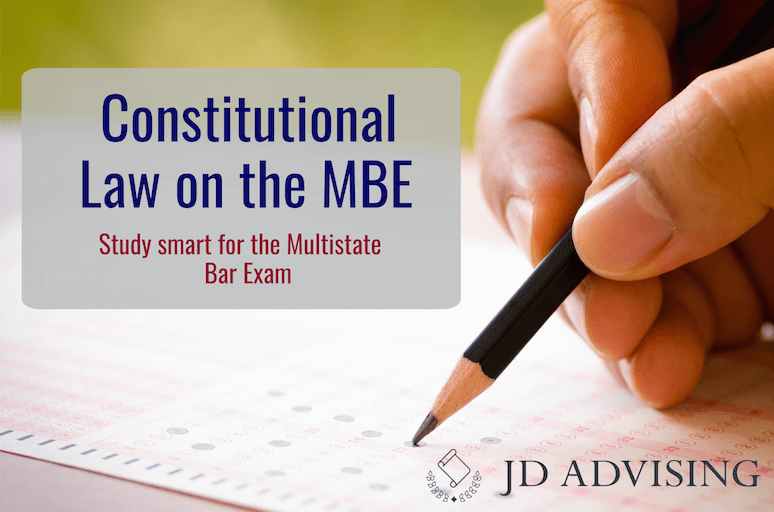
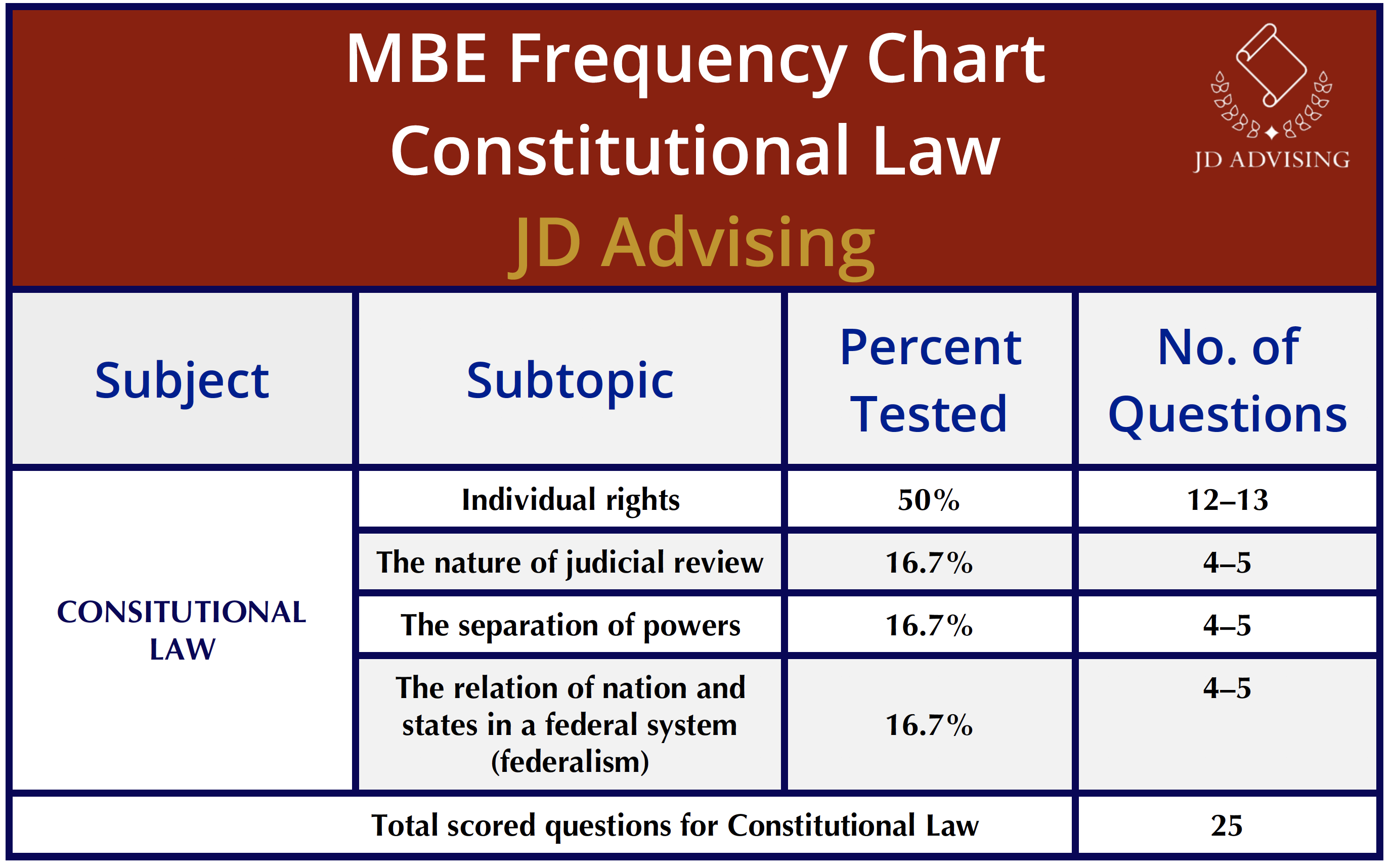
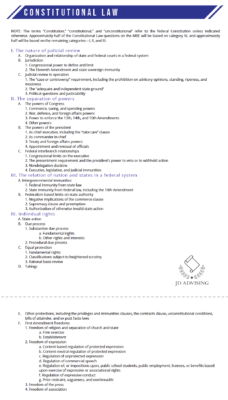
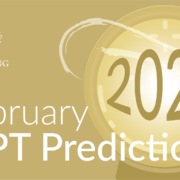
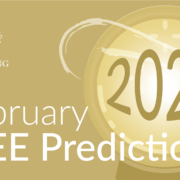



Leave a Reply
Want to join the discussion?Feel free to contribute!